- Fierce fighting breaks out near junta’s No. 344 Artillery Regiment in Yekyi Twsp
- Indigenous communities in Chittagong Hill Tracts struggle amid ARSA threats
- Weekly Highlights from Arakan (Feb 16 to 22, 2026)
- Hindus struggle with livelihood hardships amid job shortages in Arakan State
- Equipment from Chinese-owned VPower plant in Kyaukphyu to be fully relocated amid growing conflict
Junta sets reference prices for rice
Rice merchants will have to sell rice at the set prices from August 28, and action will be taken if prices are raised, said an official from the MRF.
29 Aug 2023
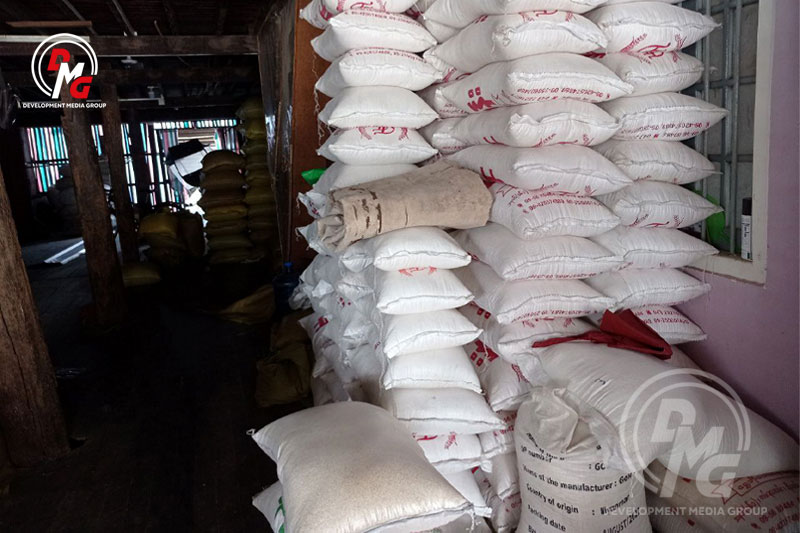
DMG Newsroom
29 August 2023, Sittwe
Myanmar’s military regime has set reference prices for rice as commodity prices, including the cost of basic foodstuffs, have soared in the country following the issuance of a new K20,000 banknote.
The reference prices set by the military regime are K125,000 for one bag of high-quality Shwebo Paw Hsan Mhwe, K90,000 to K100,000 for per sack of the Ayeyarwady Paw Hsan Hmwe and K72,000 for one bag of the low-grade rice, according to the Myanmar Rice Federation (MRF).
Rice merchants will have to sell rice at the set prices from August 28, and action will be taken if prices are raised, said an official from the MRF.
“Rice merchants have been notified by the MRF to keep records of domestic consumption rice stocks of Paw Hsan Hmwe rice varieties and to sell the stocked rice normally,” the MRF official added.
A sack of Shwebo Paw Hsan Hmwe rice currently sells for K150,000 to K160,000 and the prices of Ayeyarwaddy Paw Hsan Hmwe range from K110,000 to K120,000. Low-grade rice ranges from K80,000 to K90,000 per sack at Yangon’s rice brokerages, according to rice dealers.
“Action will reportedly be taken against those who raise the rice prices in Yangon. We want the military junta to set the reference prices for rice nationally. We also want the military junta to study and determine the selling price of rice every month,” said a rice trader in Mandalay.
Businessmen say the military junta has refused to accept that the rise in domestic rice prices was caused by political turmoil, instead blaming rice merchants for price gouging.
“The market has its own way. The military regime must consider whether it [the reference price] is possible or not. The military junta’s reference prices will be effective in Yangon’s Bayintnaung rice brokerage and Wahdan rice brokerage,” said a rice merchant in Yangon.
The 2021 military coup has had lasting impacts more than two years after it was staged, with political and economic aspects of the country’s overall wellbeing decidedly in decline since the putsch.
The junta has said that it is working on administrative control by forming committees in order to reduce the rise in prices.




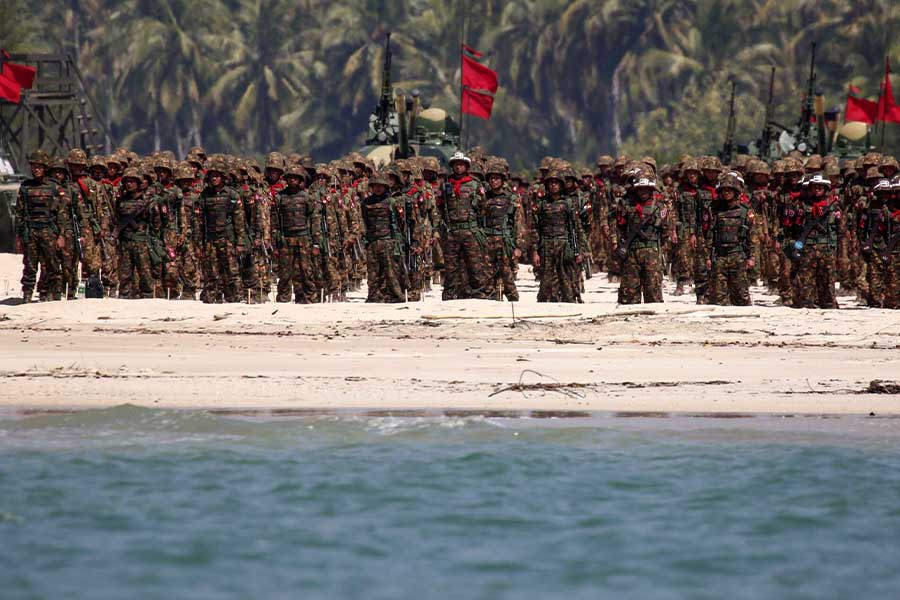
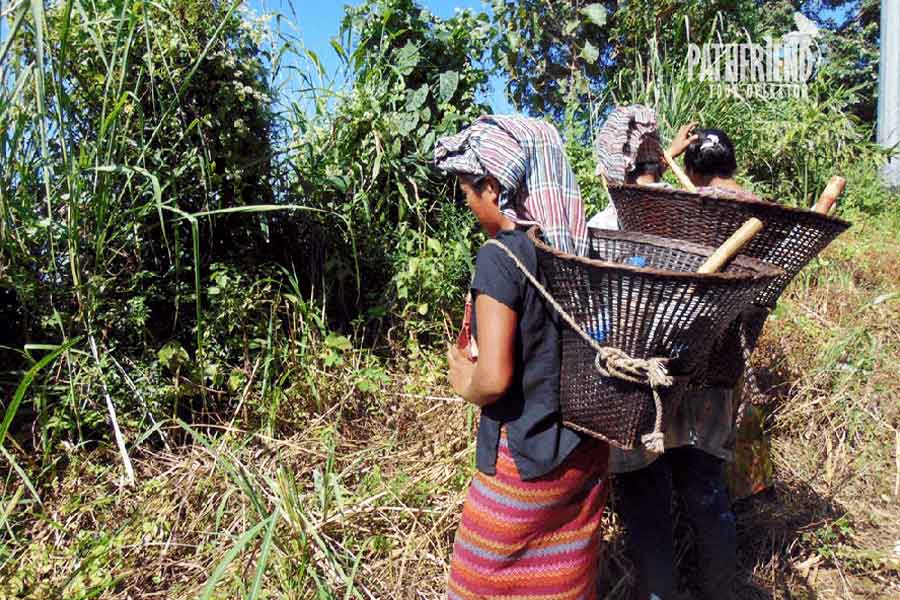
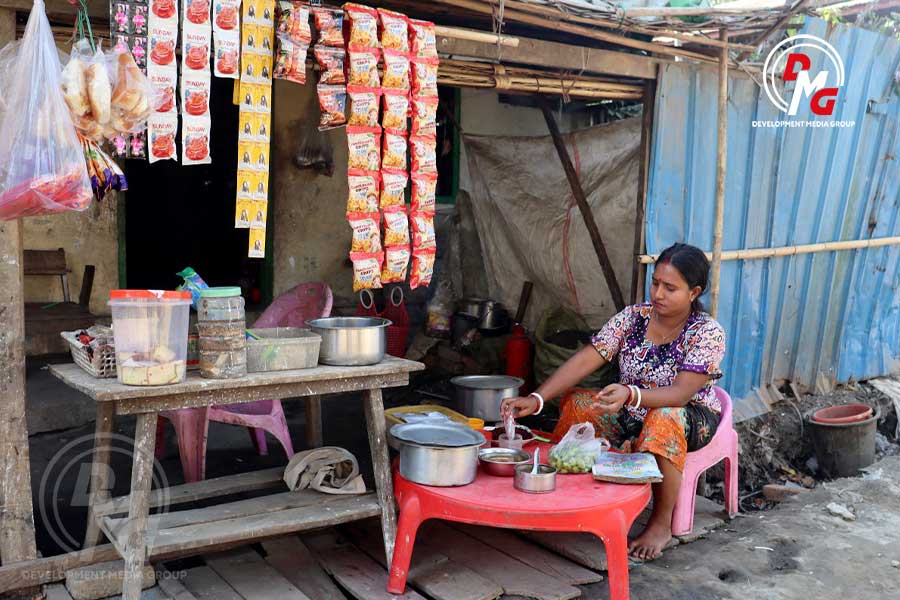
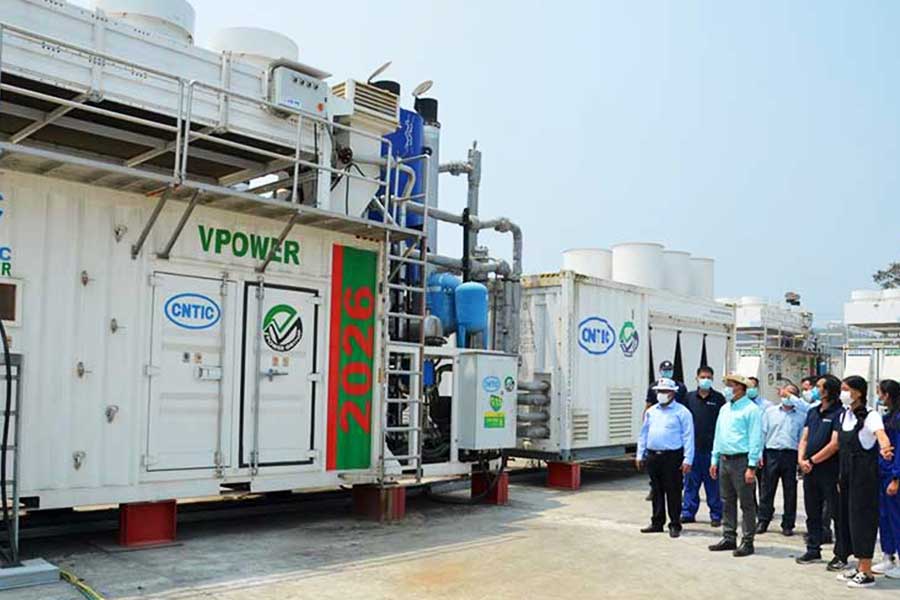
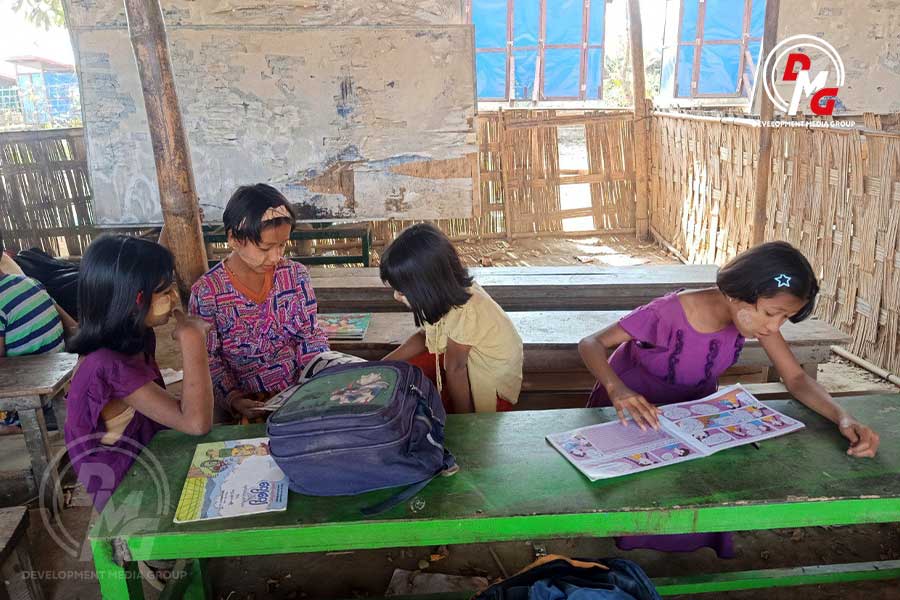








.jpg)